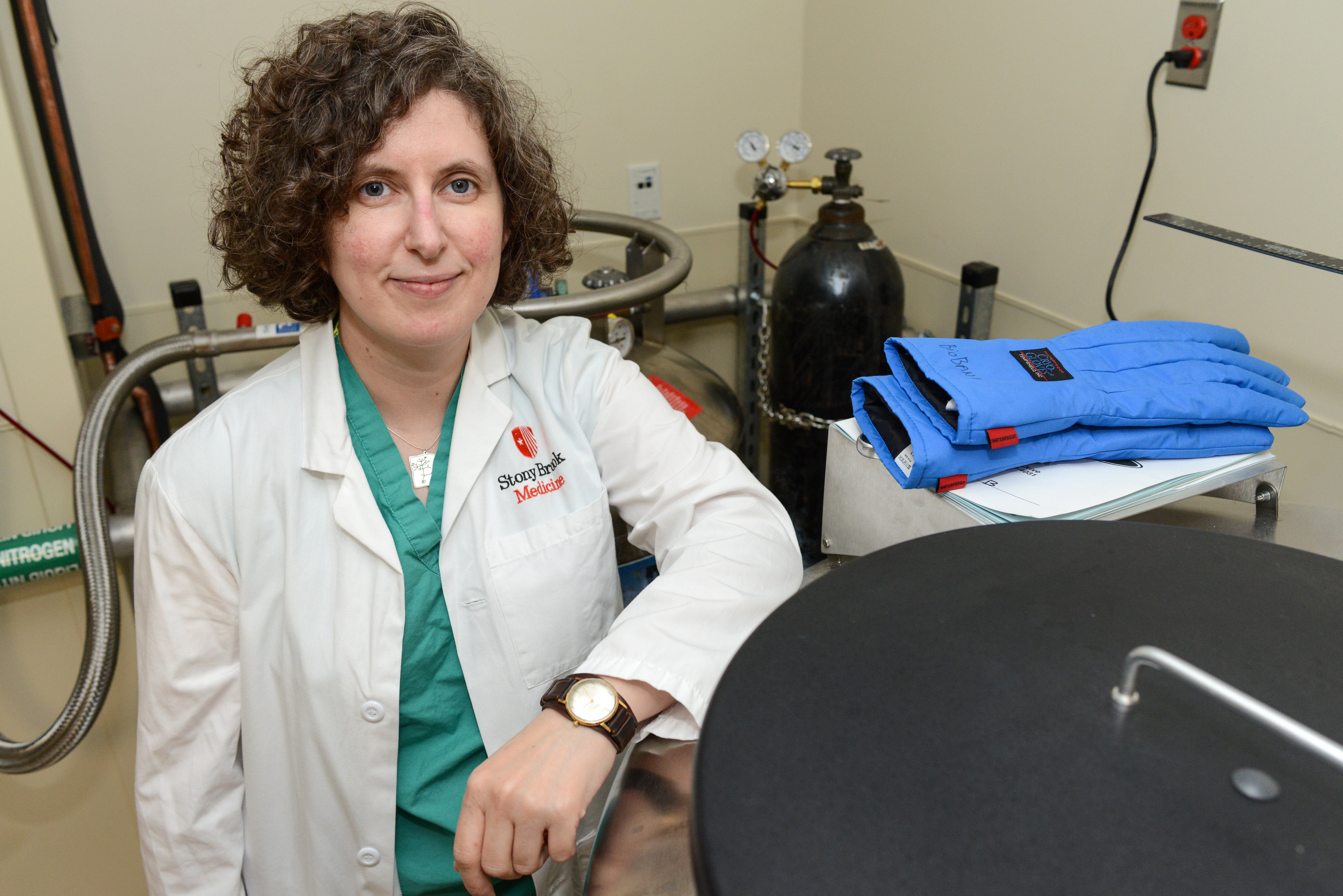On the occasion of today’s International Day of Women and Girls in Science, we spoke with Angelique Corthals, an inspiring woman in STEM. She is a multifaceted scientist, and has years of experience in the fields of metabolic dysfunction and neurological diseases.
Could you tell us a bit about your switch from social scientist to scientist?
I started as a social scientist. As an archaeology student, I was always more interested in human remains than artefacts, and how the history of the world could be told through these remains. When I was an undergraduate, it was the first time that scientists had extracted ancient DNA from human remains. I thought, this is what I want to do. I want to work on human remains, and I want to work on molecular detection of DNA.
During my masters, I really got much more into molecular biology and I kind of did a 180-degree turn to medically based molecular biology, and just took it from there.
I focused on how infectious diseases have impacted populations and how they have left adaptations in those populations through those diseases. Why is it that some populations seem to be more prone to neurodegeneration than others? I did an analysis of three frozen bodies from the Inca period, and the proteomic results yielded information about their immune systems’ functions at the time of their demise.

What fascinates you so much about biomedical research?
The discovery. I’m very curious by nature, and I always have more questions than answers. The deeper you dig, the more questions there is. There is no limit to what you can learn.
What fascinates me is that you can take the proteomic profile or the genetic profile of an individual and most of the history of that individual’s ancestry is written there. Not just the family ties, but also what every single one of his or her ancestors has faced in terms of challenges to the immune system and to the body in general. So, history is more than just an old building; each one of us is a piece of history.
Not only can you explore the past of humans and others, but you can also explore the relationship between humans and others, such as non-human animals.
The other side of my research is biomedical, and is about giving back to humanity by either finding a solution to neurodegeneration or finding ways to avoid having another covid-like infectious disease every 10 years. I like the feeling of trying to unravel and solve those problems. There are always different ways to solve a problem, and it’s important to have different types of minds that can think of different ways to approach them. That is also one of the reasons why we need diversity in the sciences.
Did you have any role models that inspired you?
My biggest role model is definitely my mom. She has always been a very strong woman. She decided to do things for herself and to choose her own path, even though she was told no. That attitude, do what you want to do, and don’t let anybody tell you that either your sex, or your aptitude based on standardised tests, tells you otherwise. Considering the generation she was born into, it’s pretty remarkable.
What about role models in science?
In terms of scientists, I was never inspired by a role model. Women scientists existed when I was a child, but they were not recognised. All you ever heard about were male scientists, and that’s it.
When my career just started, female scientists started to assert themselves and grew in numbers. In the beginning, it was definitely not like that. Doors have closed because I was a female scientist. Things were harder because I was a female scientist. Even my female colleagues would say: “Just give up, because we know that it is going to go to a man anyway,” instead of being encouraging and saying: “yes, go for it!”
That has changed now, and this would not happen if I were starting my career now. For a lot of white men, it’s still a huge shock that women can be scientists, and you do see resistance going on. Female scientists still have to prove themselves more than male scientists. You may never get rid of misogyny in the scientific field, but we should never stop trying!
Despite the still existing challenges, what inspirational message would you give to young girls to pursue STEM careers?
Never give up, never surrender; that’s my motto, which is from Galaxy Quest.
If you persevere and get through the obstacles, you will make it. It really is all about your motivation. If you are motivated enough, you will get through those obstacles, and you’ll flatten mountains.
Block the negative criticism and accept the positive criticism on your work when it’s necessary. That is incredibly important, because if you are not able to do both of these things, your mental health is going to suffer. You have to find a healthy balance between blocking the negative criticism and accepting that you need to correct a mistake when you made.
Read about Anne, our project manager, and why she decided to pursue a career in science.
